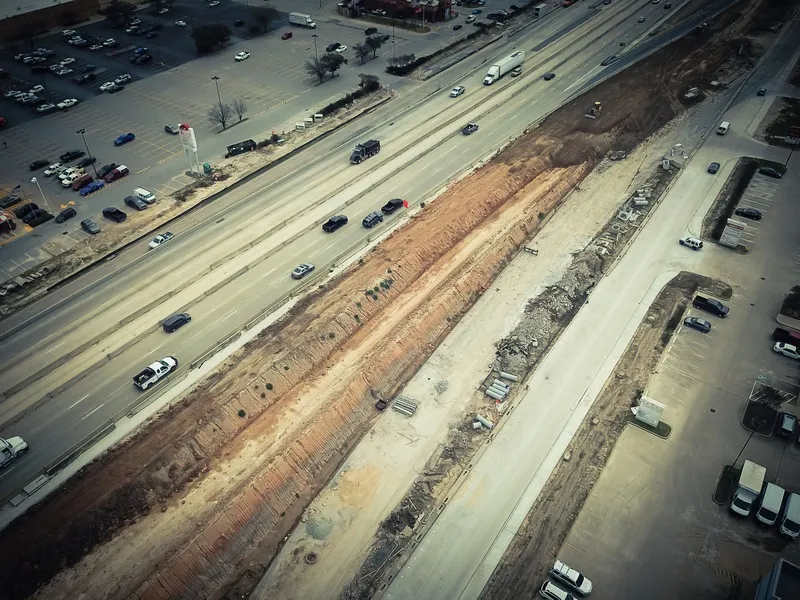US Transportation Secretary Anthony Foxx has announced that 40 projects have been competitively selected to receive a share of US$3.59 billion in federal disaster relief funds to help public transportation systems in the areas affected by Hurricane Sandy to become more resilient, in order to withstand the impact of future natural disasters.
Approximately 90 per cent of the funds will be invested in resilience projects primarily in New York and New Jersey, where transit systems sustained the worst of the
September 23, 2014
Read time: 2 mins
US Transportation Secretary Anthony Foxx has announced that 40 projects have been competitively selected to receive a share of US$3.59 billion in federal disaster relief funds to help public transportation systems in the areas affected by Hurricane Sandy to become more resilient, in order to withstand the impact of future natural disasters.
Approximately 90 per cent of the funds will be invested in resilience projects primarily in New York and New Jersey, where transit systems sustained the worst of the storm damage, with the remainder going towards projects in Connecticut, the District of Columbia, Massachusetts, New Hampshire, and Pennsylvania.
“We've made great progress rebuilding critical transit connections since Hurricane Sandy, and we want to make sure no one pays for these repairs twice,” said Secretary Foxx. “While no one can predict the future with certainty, we believe these investments will help to harden transit facilities against future storms that Mother Nature dishes out, supporting President Obama’s call to address climate change now and reducing the risk of service disruptions and future damage to some of the nation’s busiest rail and bus services.”
In general, the projects selected for resilience funding were required to demonstrate that they would reduce the risk of damage to public transportation assets inflicted by future natural disasters. Emphasis was placed on a project’s ability to protect the most essential and vulnerable infrastructure, as well as effective collaboration and coordination among local and regional governments. The project evaluation process was rigorous, involving specialists from the FTA, the831 Federal Highway Administration, the Federal Railroad Administration, and the Federal Emergency Management Agency. FTA received 61 proposals seeking a total of US$6.6 billion.
Approximately 90 per cent of the funds will be invested in resilience projects primarily in New York and New Jersey, where transit systems sustained the worst of the storm damage, with the remainder going towards projects in Connecticut, the District of Columbia, Massachusetts, New Hampshire, and Pennsylvania.
“We've made great progress rebuilding critical transit connections since Hurricane Sandy, and we want to make sure no one pays for these repairs twice,” said Secretary Foxx. “While no one can predict the future with certainty, we believe these investments will help to harden transit facilities against future storms that Mother Nature dishes out, supporting President Obama’s call to address climate change now and reducing the risk of service disruptions and future damage to some of the nation’s busiest rail and bus services.”
In general, the projects selected for resilience funding were required to demonstrate that they would reduce the risk of damage to public transportation assets inflicted by future natural disasters. Emphasis was placed on a project’s ability to protect the most essential and vulnerable infrastructure, as well as effective collaboration and coordination among local and regional governments. The project evaluation process was rigorous, involving specialists from the FTA, the









